
Information on Oolong Tea
Oolong is a traditional Chinese tea which sits somewhere between the green tea and the black tea in terms of oxidation. The botanical name for the oolong plant is camellia sinensis. Oolong tea is very popular everywhere around the world due to close connections with the Chinese and Asian tea connoisseurs. Oolong tea involves a preparation process which is known as the gongfu tea infusion approach. This method of tea preparation originates from the southeastern regions of Asia. The semi oxidized oolong teas of the China are all part a group known as, the blue-green tea. Different varieties of oolong teas have varying tastes, from sweet, fruity, woody, thick, green and fresh to honey, roasted or bouquet aromas. The taste of each subspecies depends on the style of production and the horticulture methods involved. Oolong tea is very beneficial for the human body and it can be used for both culinary and medicinal purposes. It has been used for the prevention and treatment of numerous different types of medical conditions ever since the ancient types. It is rich in tannins and other chemical compounds which are very efficient in reducing the levels of bad cholesterol in the blood, increasing the levels of good cholesterol in the blood, aiding in weight loss and increasing the metabolic rates inside the human body.
Side Effects of Oolong Tea
Oolong tea is a completely natural substance and the production process always involves an organic approach, but still it can be associated with certain types of side effects, especially when taken in excessive amounts. The most common side effect of oolong tea is the ingestion of high levels of caffeine, but it can occur only if a person has consumed more than 4 cups of tea in a single day. Caffeine related problems may include insulin resistance, different sleeping issues and a lowered metabolism. Rare cases may include a medical condition known as hypokalimia which may even be fatal. Pregnant and breastfeeding women should steer clear of oolong tea because it contains caffeine and because it also has certain diuretic properties. Oolong tea also contains certain chemical compounds called oxalates which are known for causing damage and triggering diseases associated with kidneys. Another dangerous side of oolong tea is its supplemental form which should be avoided. Oolong tea overdose may also be associated with some serious medical conditions such as hepatoxicity, infant leukemia and chromosomal damage.


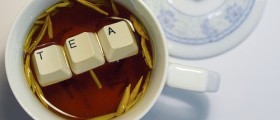
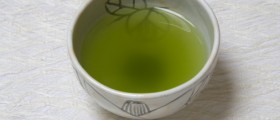
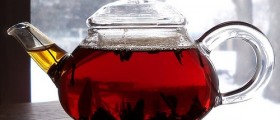
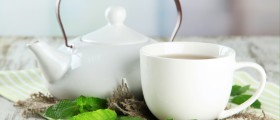
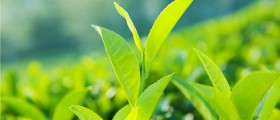
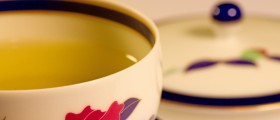

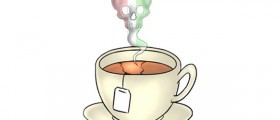
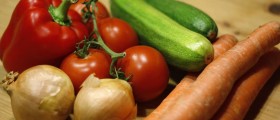

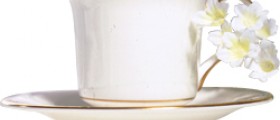


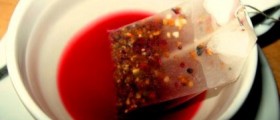
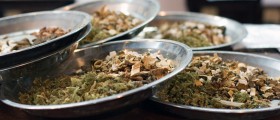
Your thoughts on this
Loading...